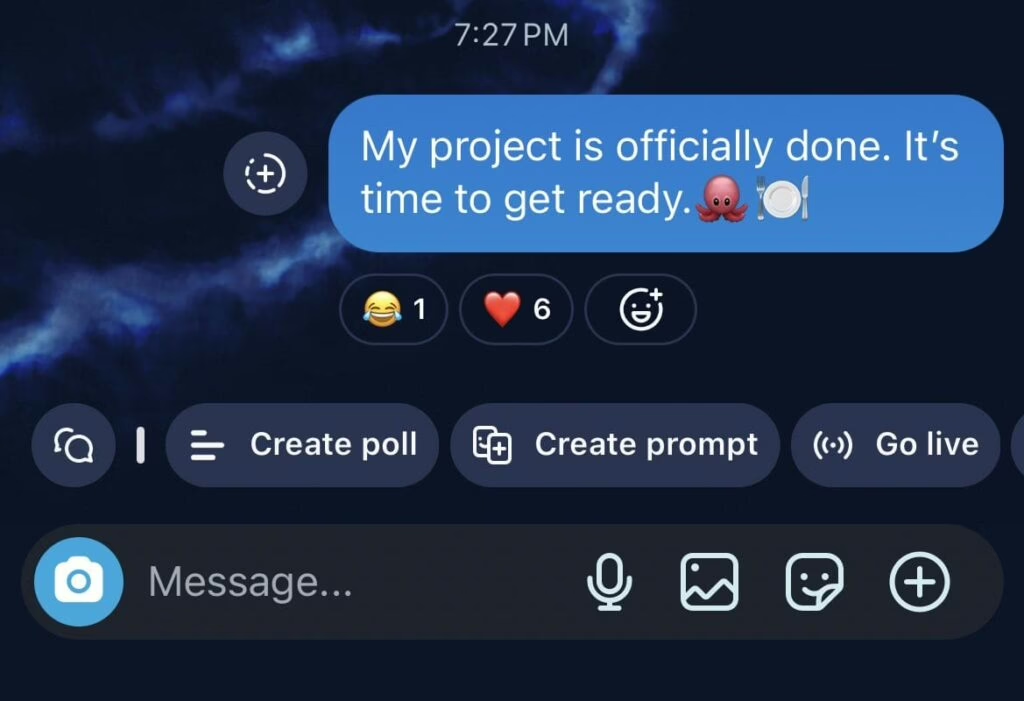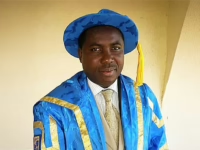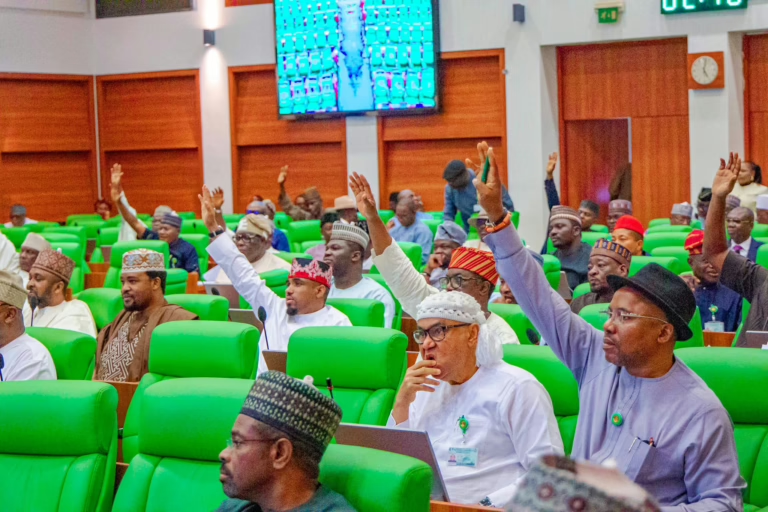A bill seeking to create a new state in Nigeria’s South-West region, Ibadan State, has passed its second reading in the House of Representatives.
The proposed legislation, sponsored by Abass Adigun, who represents the Ibadan North-East/Ibadan South-East Federal Constituency, aims to amend the 1999 Constitution to carve Ibadan State out of the present Oyo State. The bill advanced during Thursday’s plenary session, marking a significant step in what has long been a major political and cultural aspiration for the people of Ibadan.
Leading the debate, Adigun argued that Ibadan, as one of Nigeria’s largest and most historic cities, deserves statehood given its population size, landmass, and strategic importance. He noted that former regional capitals like Enugu and Kaduna have both since become states, while Ibadan, once the capital of the old Western Region, has not.
“This bill represents a monumental step toward equitable development through federalism and the realisation of the long-held aspiration of the people of Ibadan,” Adigun said.
He claimed that a single local government area in Ibadan is “bigger than three local governments in Bayelsa State,” using the comparison to underscore the city’s size and capacity for self-governance.
However, Obuku Ofurji, representing Yenagoa/Opokuma Federal Constituency in Bayelsa, objected strongly to the comparison, calling it “irrelevant” and “disrespectful.” Adigun later apologised but maintained that his assertion was factual.
The Deputy Speaker, Benjamin Kalu, who presided over the session, referred the bill to the Committee on Constitutional Review for further deliberation.
The move comes amid renewed agitation for state creation across Nigeria, as several regions continue to push for administrative autonomy and fairer resource allocation. Just last month, the Olubadan of Ibadanland, Oba Rashidi Ladoja, appealed directly to President Bola Tinubu to ensure the creation of Ibadan State before 2027, describing it as a matter of justice and historical recognition.
The process, however, faces major constitutional hurdles. Under Section 8(1) of the 1999 Constitution, the creation of a new state requires an extensive approval process involving two-thirds majority votes at multiple levels, including both chambers of the National Assembly, the House of Assembly of the affected state, and local government councils. It must also be approved through a referendum by two-thirds of the residents in the proposed area, and subsequently ratified by a majority of all Nigerian states.
Constitutional amendments of this magnitude are rare and notoriously difficult to pass. No new state has been created since Nigeria’s return to democracy in 1999, despite dozens of similar proposals over the years.
Deputy Speaker Kalu, who also chairs the House Committee on Constitution Review, stated earlier this year that the ongoing amendment process is expected to conclude by December 2025. Whether the Ibadan State proposal can navigate the complex legislative path remains uncertain, but for many in the South-West, its passage through the second reading represents a symbolic victory for local identity and regional equity.























0 Comments